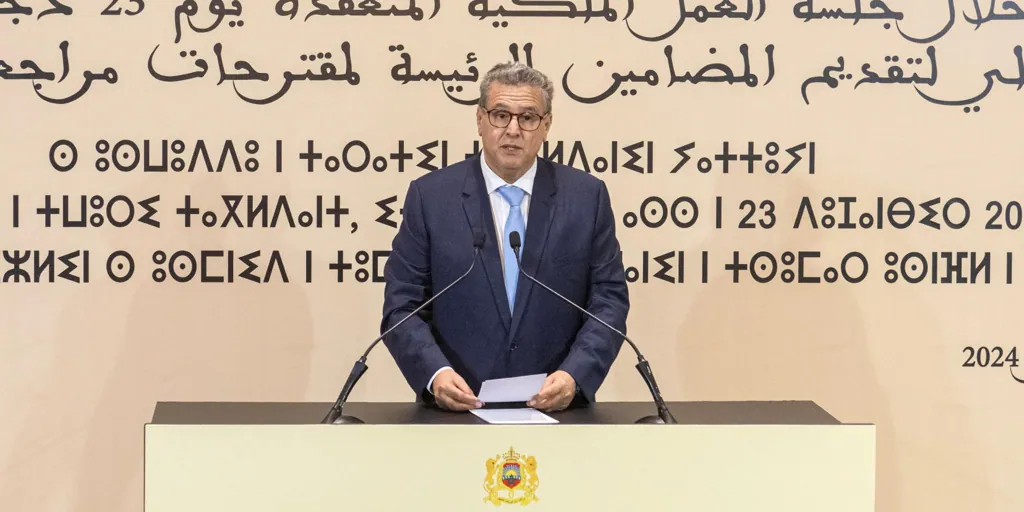“`html
Morocco’s Family Code: A Dangerous Dance with Tradition
In a country where Islam reigns supreme as the state religion, Morocco’s family code has become a battleground for the rights of women and children. Despite the façade of modernization, the truth is that these new proposed reforms seem to offer crumbs while still manipulating the underlying issues of inequality and oppression. Activists have long rallied, demanding reforms that truly honor the rights of women. Now, the far-from-perfect government is offering minor updates after two decades—mechanically tweaking elements like custody, divorce, and guardianship, but leaving the beast of polygamy alive and kicking.
“This is not reform, it’s a masquerade!”
As highlighted by Reuters, the recent draft reform reveals over 100 amendments proposed by the Minister of Justice and Islamic Affairs, Abdellatif Ouahbi. One key element of this so-called progress allows women to formally express their opposition to polygamy within a marriage contract. Yet, without this explicit clause, men can still take additional wives under dubious conditions, such as when their first wife is unable to bear children. Is this really what freedom looks like?
Marriage and Inheritance: A Shallow Victory
Perhaps the most alarming aspect of these so-called reforms is the allowance of child marriage. Even though the legal age for marriage is set at 18, exceptions allow minors to wed under 17, provided they jump through various bureaucratic hoops. This change pretends to address a serious problem that plagues rural areas, yet it still perpetuates the disturbing reality of child marriages.
Inheritance remains another hot-button issue. Morocco, stubbornly clinging to outdated Islamic law, continues to favor men with a two-to-one ratio in inheritance. In what can only be seen as a meager attempt at fairness, the reforms now permit individuals to give gifts to female heirs, but this hardly scratches the surface of true equality.
King Mohammed VI proclaims that reforms must align with “justice, equality, solidarity, and harmony,” but many remain skeptical. Supporters of the reforms tout the progress for women, yet critics highlight that these changes do not eradicate the core problems of polygamy and discrimination in inheritance. This is merely a cosmetic change to an archaic system.
Ultimately, these revised codes—awaiting still the green light from Parliament—attempt to strike a balance between modernity and deeply ingrained cultural traditions. The truth? There’s still a vast chasm between where we are and where we need to be. These reforms do not signify a triumph but rather a mere step in the endless fight for the rights of women and children in Morocco.
“`












